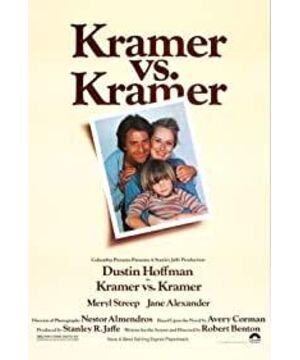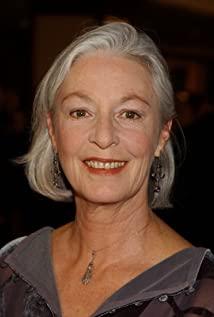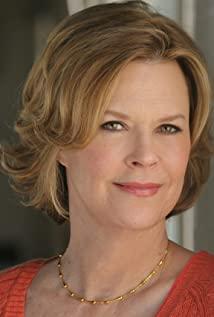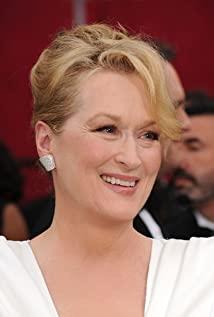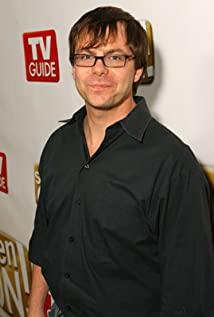At the beginning of the movie, we saw Kramer, Chunfeng proud, and his boss and friend, talking about buying expensive suits, and were not in a hurry to go home. Later, when his wife Joanna ran away, Kramer was exhausted by family affairs. When he was off work, his friend called him to join the party and was about to start a business with others. Kramer said, I'm sorry I want to pick up my son. Later, when Kramer got along with his son tacitly and competed with Joanna for custody, the boss (the identity of his friend had faded at this time) called him to eat together and announced that he would be fired.
The relationship between Kramer and his son Billy, the film also uses a lot of pen and ink to show this subtle change, not to repeat it. Only select a very representative breakfast scene, this scene appears three times in the film: the first time, Joanna has just left. His son Billy wanted to eat French toast. Cramer thought it was nothing but a trivial matter. As a result, he beat the eggs in the cup, the toast was burnt, the coffee powder was more than half poured, and the pot was thrown on the ground. The kitchen was a mess. . The father's image was completely disintegrated. The second time, his son Billy learned that his mother would not come back again, and was extremely disappointed with his father's performance. They get up in the morning, sit on a small table, eat cold doughnuts, and read the newspapers relatively speechlessly. For the third time, Joanna has won custody and is about to take Billy away. Kramer and Billy make breakfast together-the first terrible French toast. Kramer beat the eggs in a large container, Billy whipped the eggs, Kramer poured the milk, took the container and continued to beat, with a tacit understanding. Everything was in order, they couldn't help but hug each other and cry bitterly.
Mention another deputy line character-Margaret. At the beginning, she and Kramer were tit-for-tat, full of gunpowder. Klay acquiesced that she was persuading Joanna to leave, and Margaret thought that as a husband, he didn't care about his wife's feelings. For the second time, Kramer and Margaret sat together and chatted peacefully, while their children were playing in the distance. (Actually, I think this change is a bit abrupt) Kramer asked about the divorce between her and Charlie, and the two reconciled. For the third time, also in a chat, Margaret talked about meeting a new man. There was a climax, and Billy accidentally fell from the height. Margaret blamed herself very much, thinking that she was around without taking care of Billy. Kramer said something very touching: "Listen...if I have nothing but to do, I mean if you can take care of Billy...because I can't think of...a more suitable mother than you." Margot Lite was moved to tears, and at this time the hearts of the two of them came closer and rose to the level of friends. For the fourth time, Margaret appeared in court as a witness. She shouted at Joanna: "Really! He is different from before... He can take good care of the children!..." This sentence is very iconic. , Quantitative change has contributed to qualitative change. Margaret was originally the one who persuaded Joanna to leave, but at this time she persuaded Joanna to trust Kramer and give him custody. For the fifth time, Margaret and Kramer said they were reuniting with ex-husband Charlie, ending the secondary line, and Margaret retired.
The storyline runs through the film, one scene after another. In the three examples mentioned above, except for the plots, the scenes are basically the same. I really sigh whether the director is a Virgo... the opening credit Joanna ran away, and a fierce quarrel broke out with Kramer in front of the elevator. At this time, Joanna was very unhappy and abandoned her son Billy, and Kramer couldn't understand him. With red eyes, the elevator door closed and descended. At the end of the film, it was also at the elevator entrance. Joanna said she would not take her son away. At this time, she had her own job and found happiness again, which was also understood by her husband. She still had tears in her eyes and asked if such an image was okay. The elevator doors closed and rose slowly. The same scene, with the advancement of the storyline, the meaning is also changing.
In the film, Kramer has no need to say much about his father's love for his son. In my opinion, the love of parents for their children is almost instinctive. Before Joanna left, Kramer's life was filled with work, and his love for his son was in a state of unawareness. But when the boss said to him, "Bring Billy in a relative's house", when Joanna asked to go back to Belgium, when the lawyer asked Kramer to compete for custody of pros and cons, the column of pros was empty and there were a lot of cons. When the fight for custody failed, the lawyer suggested that Billy should appear in court to choose whom to follow. Robert McGee said that the key lies in the choices made by the characters under pressure. Hidfeld also emphasized that “actions are characters.” Cramer’s choices made him discover that he loved his son so much. Two paragraphs were particularly tear-jerking: one was Joanna’s lawyer questioning him several times when he was in the company. For mistakes, his answer was "because Billy...I have to..." The other was when Kramer learned that Billy was going to appear in court, he chose to give up in order to protect the child. I have seen too many scenes of tearing faces during divorce. Both parents yelled and kept asking their children who to choose. That kind of hatred must be carried through to the children after divorce. The child is like a trophy in it, can this be said to be love? Yes, it's just that it's completely overwhelmed by possessiveness.
When Joanna said with tears, "He (Kramer) failed more than I..." the lawyer asked back, "Is that right? He failed more than you? But you are also a divorced, and you have also failed... "Joanna was speechless to ask, and I was shocked in front of the screen not knowing how to answer. When a relationship comes to an end, many people become despicable. Whoever tells the breakup first, who has the upper hand, becomes a proof of dignity in the future. But in a failed relationship, both parties are actually Loser. Those "he failed more than me" are simply just casually finding a piece of cloth to cover those who are unwilling and unassuming.
"The Kramers" is also a feminist film. Maybe because the heroine is Meryl Streep (I can't imagine her playing a soft and weak role), this Mrs. Cramer is very convincing. It's not that Kramer's family is deeply involved in a failed marriage, but that many people are confused and live their lives. The movie "All the Time" once showed us how difficult it is to get out of a family. Therefore, I respect this "Nara" who ran away very much. Ironically, her salary was later higher than that of her husband.
View more about Kramer vs. Kramer reviews


